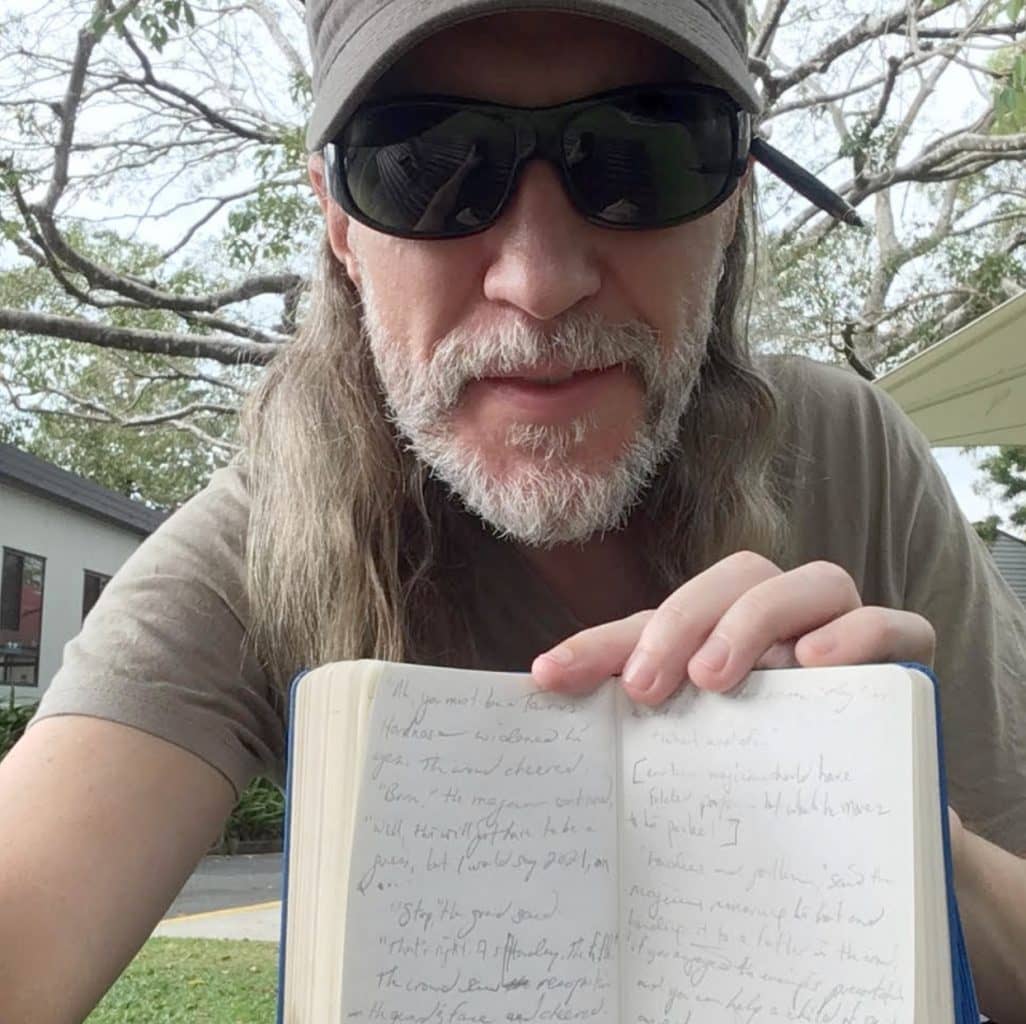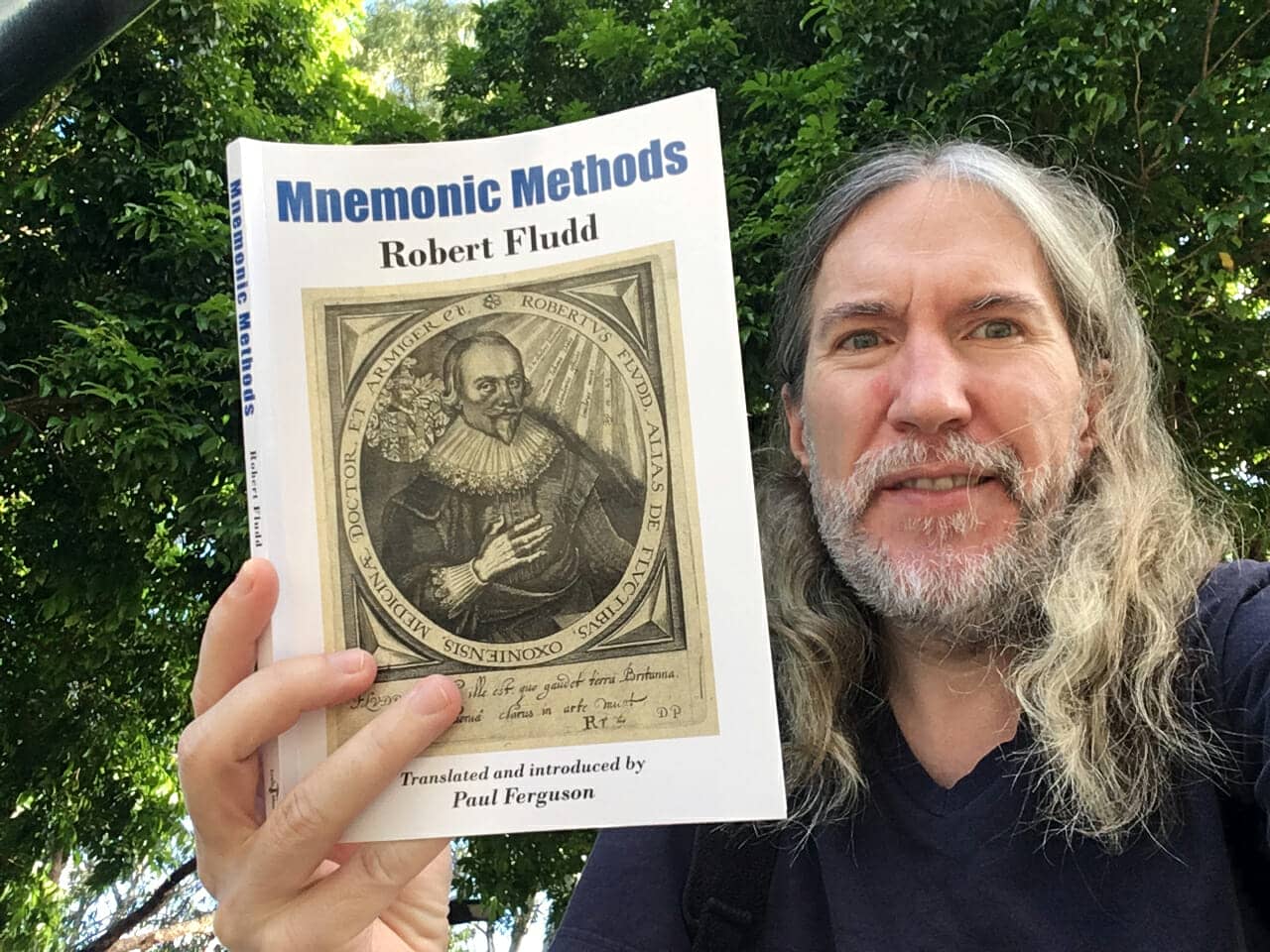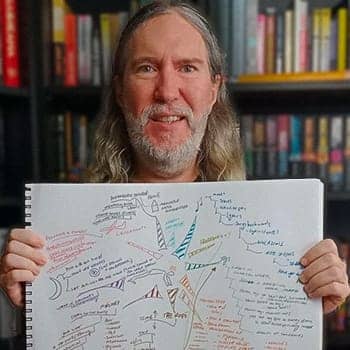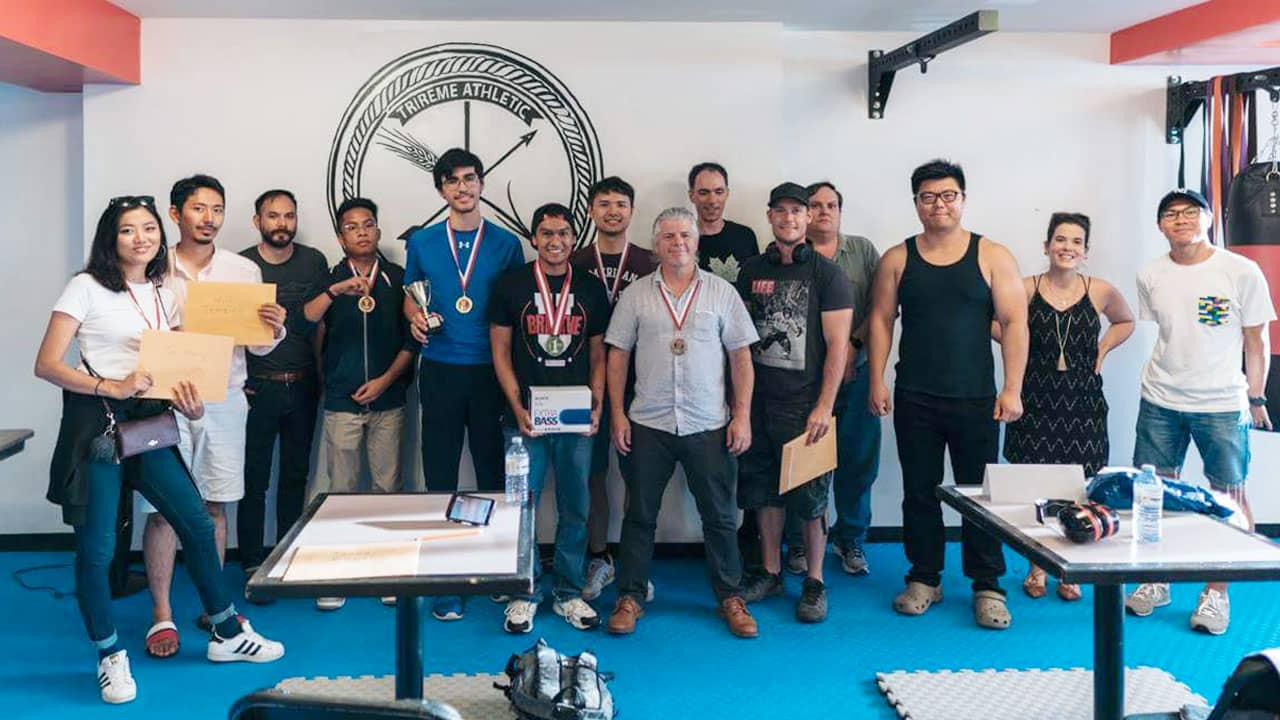 Why do some memories instantly stick?
Why do some memories instantly stick?
Why do others stay around for awhile and then suddenly disappear?
And if some memories get lost, are there reliable ways to jog memory so you can get them back?
There are no easy answers to these questions.
However, you really can get at least some of the memories you’ve lost back.
Or at least have fun trying.
Even better, there are ways to make sure many memories don’t get lost in the first place.
That way, you can rest assured that you enjoy better memory throughout your life. And you will experience less time feeling frustrated when you can’t recall the important details and events you hold precious.
What Kinds Of Memories Get Lost?
The first point you need to consider will provide you with one of the greatest mental adventures you can take.
That’s because there are multiple types of memory. There are also many types of thinking.
And these are important to know about because when you’re learning how to recall memories, it matters a great deal what kinds of memories we’re talking about.
Here are some of the kind of memories you might want to recall:
- Semantic memories, like street names, facts and vocabulary in a language (forgetting how to speak a language is sometimes called linguistic deskilling)
- Episodic memories, like a wedding or recent birthday party
- Procedural memories, like how to ride a bike
- Prospective memories, like an upcoming appointment
Those four categories cover just about every kind of memory you might lose.
Although it might seem impossible to forget how to speak a language or ride a bike, you probably know exactly what it’s like. After a season of not riding, it can take a few minutes to get back into the swing of things.
Recently, one of the readers of this blog visited me here in Australia from Germany. It was a full twenty minutes of speaking in German with him before my previous level of skill returned.
I mention this because it helps you understand why the specific kind of memory we want to remember matters. Riding a bike a speaking a language are very different memory skills than reciting facts or remembering a future event.
What Causes Forgetting?
It’s also helpful to know what causes forgetting. I go in depth into many of these causes in a post called how to stop forgetting.
Briefly, a lot of why we forget has to do with not having paid proper attention in the first place. When this happens, the question of how to retrieve memories is moot. Your brain never formed them in the first place. This happens a lot when we forget where we put something.
There’s also a perfectly healthy amount of forgetting that takes place over time. It’s a bit different than the folk wisdom, “Use it or lose it.”
Your brain is constantly trying to save energy. So if you’re not using certain skills, your brain will sort, sift and screen out neglected talents. Researchers have also found that certain kinds of cells segment memories.
Although this aspect of memory science tends to be studied in the context of Alzheimer’s, it’s important to remember that your brain is changing all the time.
As leading memory expert Dr. Gary Small puts it, memories are like neighborhoods nested in cities. The “roads”
connecting individual memories often undergo construction. This fact has pros and cons. One of the pros we’ll focus on is called neuroplasticity, the scientific term for how we quite literally can rewire our brains for positive outcomes like better memory.
Remembering Memories: 7 Simple Activities That Work
Keeping in mind that you can’t remember anything that wasn’t properly attended to in the first place (or elaboratively encoded), there are many things you can do recall lost information.
As we go through this list, it’s also important to remember that different types of memory require different kinds of approaches.
One: Take A Lot Of Photos
Although I’m a memory expert and skilled with many memory techniques, I don’t try to memorize everything.
And the act of photographing something important does two things, provided it’s a regular habit:
- You know that you have the habit of photographing things
- You can quickly look through your photos to find the information
Now, I don’t use this as my only technique. I do love to combine all kinds of techniques. But the times I do use photography involve:
- Quickly recording street names while traveling in a new city
- Capturing complex medical information on bottles for future review
- Book covers when I don’t have time to memorize the title or author name
On occasions when I do have time, or the information isn’t that important, I’ll use some kind of mnemonic strategy. But I love knowing that I can refresh my memory any time by looking at photos.
And the act of taking photos itself creates a memory. Often, I don’t have to look back at the photos at all thanks to the effects of taking them in the first place. This is the principle of paying attention applied to the camera in your phone.
Two: Relax & Write
If you’ve read The Victorious Mind, you’ll know that a large part of my personal practice involves committing long form mantras to memory.
The daily routine involves memorizing a few words more and recalling what I’ve already memorized.
Some days, it’s a real stretch. So to help trigger the memories, I get out a notebook and relax myself.
Then, if I can’t remember what I’ve memorized, I write anything until that something comes to mind.
Although not foolproof, this simple activity triggers the newly memorized material more often than not.
If you want to recall old memories, I’d also suggest writing. One simple exercise involves playing games with your childhood.
Start by relaxing yourself, then jotting down as much as you can remember about kindergarten. Then move on to grade one, up through all your schooling.
I’m confident you’ll be pleasantly surprised by the memories that start to come up. This exercise will likely make it easier for you to recall other memories further on.
Three: Seek Context
Often all we need to trigger a memory is a bit of context.
For example, when recalling names, I sometimes stumble. This seems to happen more to me as I age.
To bring back the memory with greater ease, I often recite the alphabet.
For example, let’s say you’re trying to remember Daffy Duck. Start at the letter A, then recite the alphabet until you think you’re in the right neighborhood. Although this tactic doesn’t always work, I find it effective about half the time.
Those aren’t bad odds. And running the alphabet is also something I like to do when I lose my train of thought. Part of the reason why it works is because the alternative activity takes pressure off the main goal.
Another way to use context is to think of the category to which the information you’re looking for belongs. For example, is it a scientific fact? If so, what branch of science?
We often do this kind of categorical focusing intuitively. But you can get much more strategic with it by exploring Memory Wheels and ars combinatoria. These two ancient memory techniques used a lot of context to help people remember things.
Four: Use Deliberate Practice
A few months ago, a legendary gambling expert and card magician named Sal Piacente visited me here in Australia.
I had already recently revived my own card magic practice, but watching his moves inspired me to get back into my sleight of hand studies in a big way.
To make sure it wasn’t just a passing revitalization, I’ve been applying the principles of deliberate practice. This specific practice strategy has enabled me to recover a lot of what I already learned faster than if I was practicing in an unstructured way.
In this case, the kind of memories I’ve uncovering are both procedural and semantic. My muscle memory is recovering skills with certain moves while various terms magicians use are also coming back.
So whether you want to re-learn a skill like playing an instrument or speaking a language, make sure to look into deliberate practice. It will help you get back what you’ve forgotten a lot faster.
Five: Re-Read Often
Years ago I shared my re-reading strategy. I still aim to re-read at least one book per month.
There are many reasons this is beneficial. The main one for the purposes of remembering memories that have been lost is that each book is a web of connections.
When we go through books we’ve already read, we’re revitalizing more than just the individual book. We’re also creating new connections. It’s another form of expanding context, but one that involves retrieval practice.
In other words, it’s a form of spaced repetition, which is a powerful way of remembering more information from books in the first place.
Finally, you can strategically capture ideas from any book using my how to memorize a textbook technique in combination with Zettelkasten and Leitner Boxes. Thanks to those systems combined, I rarely lose track of ideas. I highly recommend learning about them and putting them into constant rotation as you go through life.
Six: Big And Bold Sign Posts
I don’t know about you, but it’s possible for me to set big, ambitious goals, and then…
Forget them.
Over the years, I’ve learned to make sure that my goals are constantly visible. That way, they’re impossible to forget and I don’t have to do anything fancy to trigger my memory for future events (prospective memory).
Three of my favorite ways to have constant reminders in my environment are:
- Using physical versions of The Freedom Journal
- Keeping project-based mind maps related to business constantly visible on my desk
- Using momento mori to remind me that time is running out
Each of these strategies involve contextual cueing. I find them all valuable.
Since they each involve physical objects, they also help avoid the negative effects of digital amnesia. Much of the reason why we forget our goals and future events is that we’ve relegated responsibility to machines.
Don’t get me wrong. Computers are fantastic. But they have their downsides. If you keep forgetting, consider leaving yourself sign posts so you simply cannot forget the goals you want to accomplish.
Seven: Network & Netweave
The more you interact with people, the more minds you have to draw upon when you need to recall something.
That’s one reason why certain trivia games have features like, “phone a friend.” Players have won substantial amounts on these shows based on the strength of their friendship groups.
Networking is one thing and well-understood. You gather contacts, develop friendships and nurture relationships over time.
Netweaving is a bit different. In this case, you deliberately work to create memories with your contacts. Plan events such as trips and sports activities with the intention of adding new memories. You’re literally creating communal memories by deliberately weaving your life closer together.
This way, you’re less likely to forget any number of things. And if you do, you’ll have wonderful people in your circle to discuss lost memories with should you need the help.
How Does Aging Impact Memory Recall?
I saved netweaving for last because aging certainly does impact memory.
But it doesn’t have to be severe.
James Gerwing, for example, retired and then won the 2019 Canadian Memory Championship.
He’s not only devoted to using memory techniques. But he also engages in lots of “netweaving” activities with friends. I often see his Facebook posts where he’s out with people on all kinds of expeditions.
Then there’s aging plus trauma. Nic Castle used memory training to help overcome his symptoms of PTSD. He was able to tackle two issues at once.
Although I’m not suggesting that you have to become a die hard user of mnemonics to the point of competing, any level of memory training will do you a lot of good. No matter your age.
How to Remember Repressed Memories
In most cases, working on recalling anything you believe is repressed is best conducted with a therapist. I recommend my friend Ben Fishel for remote counseling.
The reason it’s important to seek help from a properly trained therapist is that they know how to avoid re-traumatization that can occur when reviving memories that your mind has cleared away.
That said, reflective thinking can also be safe. I’ve done a lot of this myself and thanks to long experience with a variety of concentration meditations and journaling for self-improvement, everything turned out just fine.
You just need to take care that you aren’t confabulating memories. Confabulation happens a lot, leading people to change their own memories or even fabricate them. Misinterpreting what a memory means also happens a lot.
So even if you’re going to go this route on your own, I suggest you have professional guidance in place before you get started. You never know when you might need it.
Why Care About Retrieving Old Memories?
Lots of reasons!
For one thing, you can use your memories to develop all kinds of Memory Palaces. These are useful for learning new things.
You can also come to understand yourself better, leading to more self-compassion and care for others.
You’ll also comprehend what you read more when you constantly exercise your past experiences and ideas you’ve had about the world.
If you’d like help moving forward, using your memory in a more robust way will do two things:
- Make more of your past rise up
- Help you store more as you live your way into the future
If both of those outcomes sound good to you, please sign up for my free course here:
It will help you understand all of the major memory techniques and get them into action. You’ll get four video lessons and worksheets to help you boost your memory in a way that lasts.
From explicit memory to implicit memory and everything in between, I can show you how to exercise them all in ways that are easy and fun.
So what do you say?
Are you ready to start recalling the memories you’ve lost?
Provided that they entered your memory in the first place, I’m confident that in many cases, you can.
Related Posts
- Memory Recall and Retrieval: The Definitive Guide
Memory recall involves at least 3 stages of memory. Learn the difference between recall and…
- MMMP 009: Memory Training Consumer Awareness Guide
Here's an audio presentation of The Magnetic Memory Method "Memory Training Consumer Awareness Guide."
- Memory Athlete Braden Adams On The Benefits Of Memory Competition
Braden Adams is one of the most impressive memory athletes of recent times. Learn to…











